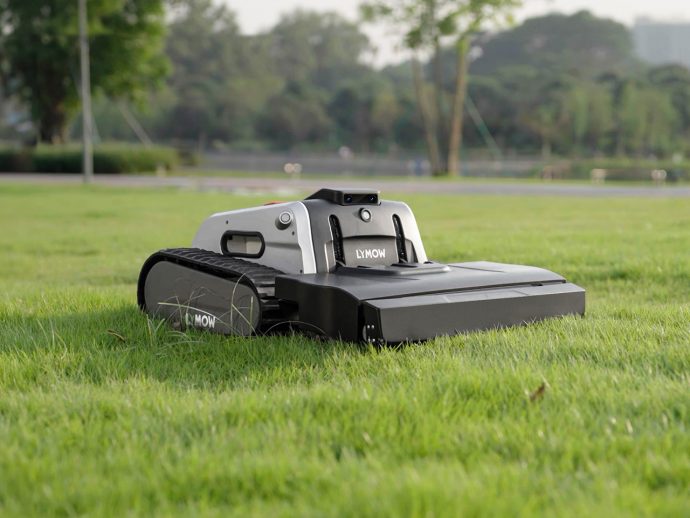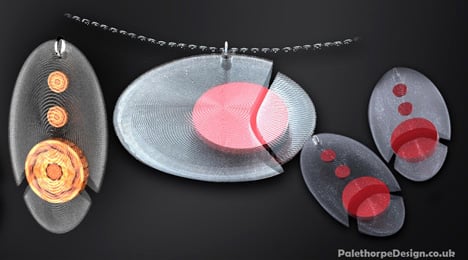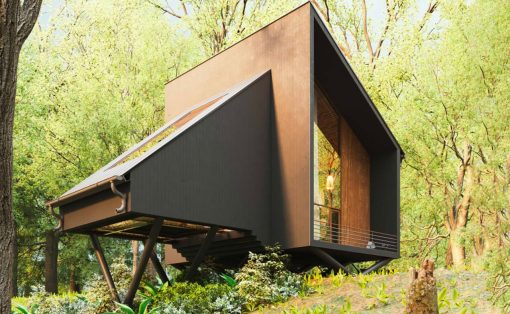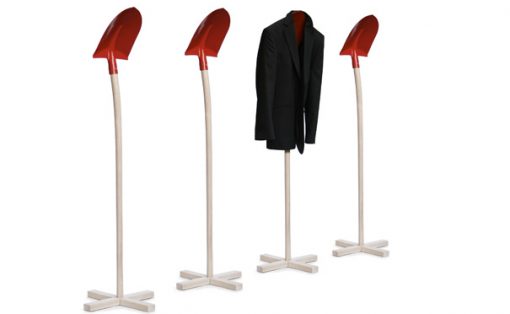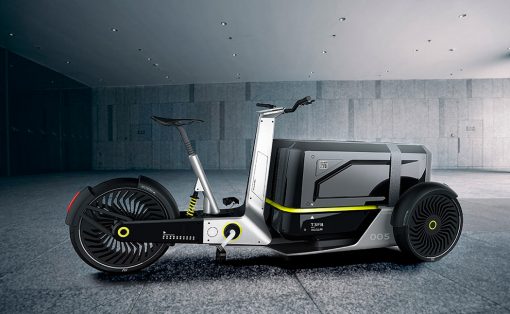
If you cannot create sound-proof rooms at your office or co-working space, the next best thing would be acoustic panels. Of course, they will not be able to totally isolate each space but they can help reduce noise and also serve as a divider for the various rooms or desks. To have something that is also sustainable and can be recycled when it reaches the end of its life cycle is of course a great bonus. This new product from the Swedish brand Baux brings all these elements together.
Designer: Baux

One of the goals of this Swedish brand is to create sustainable acoustic sound absorbers and to use as few materials as they can. With this new line of acoustic panels, they were able to limit materials to two: recycled PET plastic and virgin plastic. As much as they wanted to use just the former, they needed the latter to bind the materials together. The good news is they didn’t need other binding materials like glue which would have made it more difficult to eventually recycle these items.

How they were able to create these felt-like acoustic panels required several processes. First, they had to chip down the PET plastic into small flakes and then melt them down until they become fibers, turning into soft textile. They needed virgin plastic to be able to bind these together and even though this is not the best, sustainable material, it is still better than using glues or more complex manufacturing. The panels are made from two-thirds recycled PET plastic and one-third virgin plastic.

In terms of design, the acoustic panels come in nine different sizes and are available in both floor stand and desk-mounted models. They have a felt-like texture and are pretty minimal in its look. That’s ideal since the purpose really is to serve as dividers for your spaces so decorations and other distractions are not needed. They come in different colors like shades of grey, coral red, khaki, and jade green and so there’s still a splash of something there. These standalone panels are able to absorb and deflect sound and reduce the noise that might disturb the person in the next “room” or “cubicle”.

Since this is a single-material product, when the acoustic panels reach the end of its life or purpose, they can easily be recycled. Baux has been going for “monomateriality” and this product is one proof that it can be done. And all the PET plastic that we have lying around can be repurposed into something useful.




